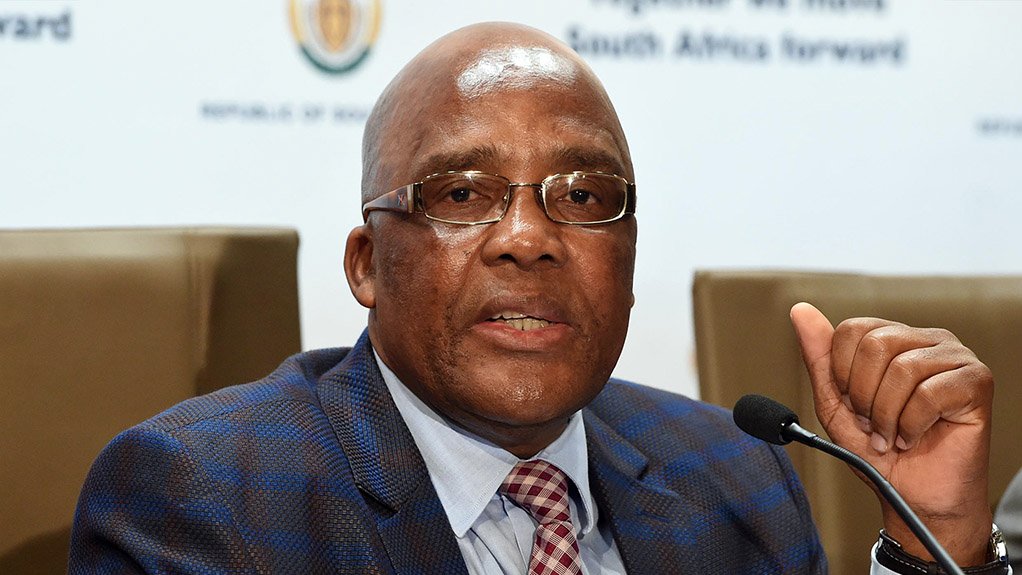News
South Africa’s New National Action Plan Targets Fake and Substandard Medicines

Substandard and falsified medicines are more than just a criminal nuisance. They are a public health crisis that puts lives at risk and undermines the trust people place in the health system. This week, South Africa made a bold move to fight back.
A national plan takes shape
On Tuesday in Kempton Park, Minister of Health Dr Aaron Motsoaledi officially launched South Africa’s National Action Plan (NAP) against falsified and substandard medical products. The plan was developed with support from the South African Health Products Regulatory Authority (SAPHRA) and the World Health Organization (WHO), marking a significant step in protecting communities from dangerous health products.
In his keynote address, Motsoaledi described these products as a direct threat to both individual lives and the integrity of health systems worldwide. He emphasised that every medicine, vaccine, and health product available to South Africans must meet the highest standards of safety, effectiveness, and quality.
“This is about ensuring trust,” he said. “When a patient collects medicine, there should never be doubt about whether it will heal or harm.”
Why this matters
Substandard and falsified medical products, often referred to as SFMP, have been flooding markets in South Africa and beyond. They include everything from counterfeit vaccines to poor-quality over-the-counter drugs. The impact can be devastating, from failed treatments and prolonged illness to fatalities.
Globally, the trade in falsified medicines is a multi-billion-rand black market. Locally, the issue has been compounded by weak regulation and the difficulty of policing informal and cross-border markets. Social media has also exposed stories of patients left harmed or untreated due to fake medicines, amplifying calls for tougher interventions.
What the plan will do
The new five-year action plan is designed to enhance prevention, detection, and response to substandard medicines through coordinated efforts across government, regulators, and private stakeholders.
Tammy Gopal, representing SAPHRA at the launch, explained how regulators will now intensify market surveillance. This includes random product sampling, laboratory testing, and unannounced inspections of pharmacies and traders. “We are at the coal face,” she noted, pointing out that inspectors are key to spotting falsified products before they reach consumers.
The plan also stresses accountability. Those responsible for pushing unsafe products into the market will face stricter consequences.
A regional and global milestone
Motsoaledi highlighted that South Africa is among the first countries worldwide to operationalise a comprehensive strategy against SFMP. The move places the country in line with global efforts spearheaded by the WHO, but it also shows leadership within Africa, where weak borders and under-resourced health systems often allow counterfeit medicines to thrive.
For South Africans, the launch signals not only a promise of safer health products but also a show of political will to confront an often invisible but lethal problem. As Motsoaledi said, this has been “a year-long journey,” and it is only the beginning.
Also read: Julius Malema Found Guilty in Firearm Discharge Case at 2018 EFF Rally
Follow Joburg ETC on Facebook, Twitter, TikT
For more News in Johannesburg, visit joburgetc.com
Source: IOL
Featured Image: Polity.org















